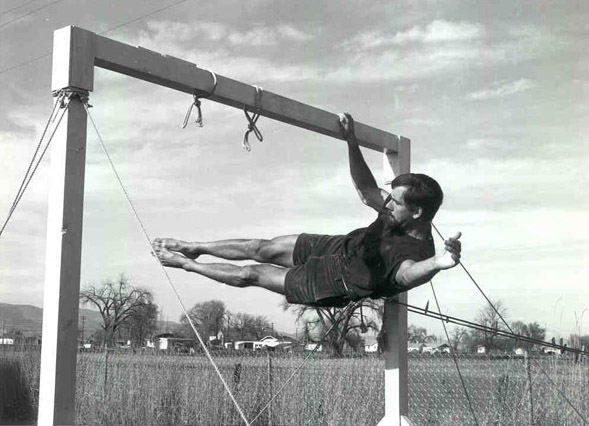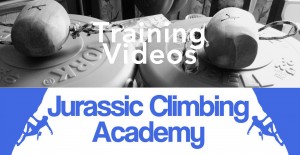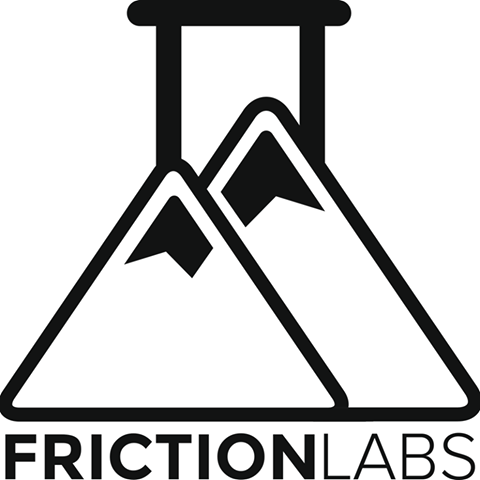John Gill – Father of Modern Bouldering
John Gill was born in 1937 and grew up in Warrior Run, Pennsylvania. He is an American mathematician and amateur gymnast. He came into climbing during the 1950s and soon made a name for himself. Many climbers now considered John Gill to be the Father of Modern Bouldering.
The Mathematician
Gill secured an MA in mathematics from the University of Alabama in 1964. He then became an instructor at Murray State University and then in 1967, he enrolled as a graduate student at Colorado State University. Here in 1971, he received his PhD in complex analysis. During his career as a college teacher, he wrote and published approximately thirty individually authored research papers in the areas of the analytic theory of continued fractions. Gill retired as professor of mathematics in 2000.
The Gymnast
As an amateur gymnast, John Gill specialised in the competitive rope climb and the rings. He achieved a number of difficult movements on the rings, including inverted crosses, Olympic crosses, and slow pulls from hanging to handstand. He achieved seven in a row one-arm pull-ups with the right arm and five with the left, one-finger one-arm pull-ups, one-arm pull-ups adding twenty pounds, one-arm pull-ups on a 12.5mm edge, and one-arm front levers.
Gill’s climbing style showed the influence of formal gymnastics where he emphasized form and grace of motion. He preferred an application of strength and would avoid efficient moves like the heel hook, as he considered them not aesthetic. Where Gill considered the artistic style being equal to difficulty today we look at it very differently. Nowadays we considered the difficulty as the main gauge of success.
Would you like to progress further with our help? Then why not Book Some Coaching
The Boulderer
John Gill began rock climbing in 1953. He soon began to specialise on very short acrobatic routes that we now call boulder problems. The problems that he climbed in the 1950s and early 1960s were much harder than anything else around at the time. Gill was to reach what would now consider being V9 or V10 grades. In 1961 he climbed The Thimble, a 30-foot V4 or V5 highball which he sent unrehearsed and unroped. The Thimble is now considered to be one of the great classics of modern climbing.
Gill was probably the first climber in the history of rock climbing to make bouldering his primary speciality. He also advocated acceptance of bouldering as a legitimate sport in its own right. Through his focus and the high grades achieved, he inspired many climbers to look seriously at bouldering. Nowadays it is a sport in its own right!
Chalk and Grades
Being from a gymnastic background, Gill in the mid-1950s introduced gymnastic chalk into American rock climbing. The use of chalk in rock climbing then spread throughout the climbing world and today manufacturers such as Friction Labs produce dedicated climber chalk. He also introduced the dyno or controlled dynamics into climbing and stated that it would become a necessity which of course it has done. Gill introduced probably the first bouldering grading system in the 1950s, the B system. John Gills B system was eventually abandoned and replaced by a more open-ended system.
Would you like to progress further with our help? Then why not Book Some Coaching
Free Training & Coaching Videos on our Jurassic YouTube Page











